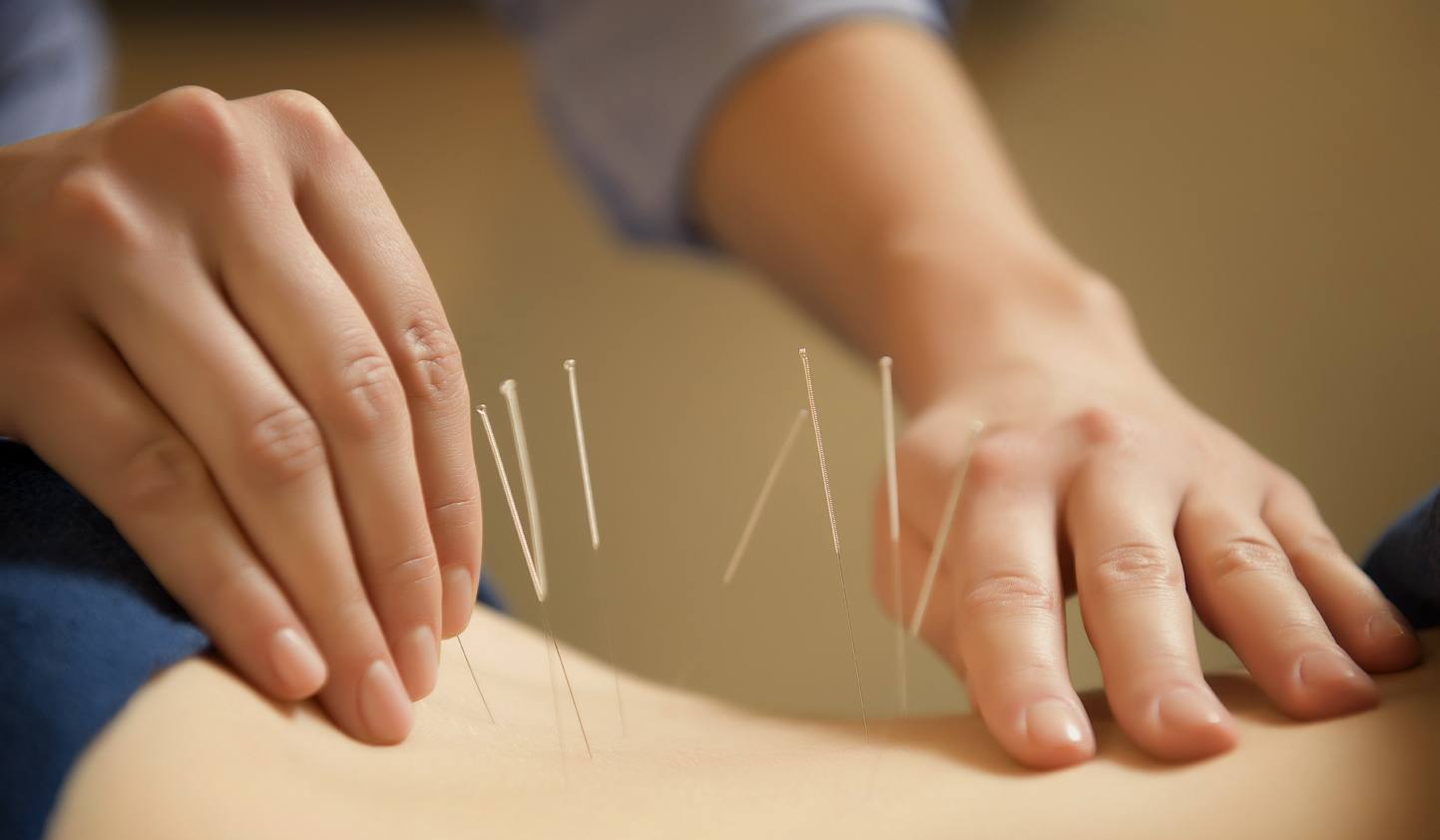
How Does Acupuncture Work?
Acupuncture is a complementary therapy that’s a part of traditional Chinese medicine (TCM). It originated in China and has been around for over 2,500 years. It’s a technique used to balance the flow of energy, also known as life force, chi, or qi. Qi is thought to flow through pathways in your body. The goal of acupuncture is to remove energy blockages and balance your energy flow, which helps to regulate your emotional, mental, and physical health.
Acupuncture stimulates specific points along these pathways using thin, solid metal needles to penetrate the skin. Acupuncture needles have a round edge so they don’t cut the skin. Stimulating these places on the body influences your nerves, muscles, and connective tissue.
Acupuncture is most commonly used to treat pain since it’s thought to boost the body’s natural painkillers. It’s now also used to promote overall wellness and to reduce stress.
Acupuncture can also be used to treat a wide range of conditions, including:
- Allergies
- Anxiety and depression
- Chemotherapy-induced and postoperative nausea and vomiting
- Dental pain
- Headaches and migraines
- High blood pressure
- Insomnia
- Labor pain
- Menstrual cramps and PMS
- Neck pain
- Osteoarthritis
- Respiratory disorders
Does It Hurt?
One misconception about acupuncture is that it hurts, and this is a reason that some people don’t want to try acupuncture. The treatment isn’t meant to hurt, though you may experience some sensations during your treatment.
Most don’t feel anything. Most of the time what might be described, as pain is a chi sensation. It can be heavy, throbbing, or jumping, all of which are positive responses.
This can vary due to your level of pain tolerance and overall sensitivity. Sometimes your first acupuncture treatment will be more painful than your following treatments. This could be because certain energy points on your body are being activated for the first time. Your symptoms may worsen slightly before they get better.
What Does Acupuncture Feel Like?
While the experience will be different for everyone, acupuncture usually doesn’t cause discomfort or pain.
It doesn’t need to hurt to be effective. It’s good to feel the energy as sensations such as dullness and heaviness. These are considered to be positive responses, and it means that something is happening.
Often you won’t feel the needles being inserted, because they are thin and gently inserted. Once a needle reaches its intended depth, you’re likely to feel a mild, dull ache or a slight tingling sensation. This may be a sign that the treatment is working and the acupuncture point is being activated. You may also feel a heavy or electric sensation. Feelings of warmth may arise at the acupuncture points.
If you feel anything that’s a severe or sharp pain, you should let your acupuncturist know. Most of the time pain or discomfort will be fleeting and last only a few seconds.
What Causes The Pain?
Using higher-gauge needles or inserting needles more deeply is more likely to cause pain. Certain brands of needles are also more likely to cause pain. Some practitioners use more force or a heavier technique when inserting the needles. It’s important to see only licensed and experienced acupuncturists for treatment.
Speak up if you’re experiencing pain that is beyond mild discomfort. You can also ask your practitioner to precede slower, use fewer needles, insert them more shallowly, and manipulate them less.
Care Following Appointment
It’s important that you take care of yourself after your treatment, especially during the first 24 hours.
You may feel calm, relaxed, or sleepy. Rest and take it easy, even if you feel energized. Avoid any strenuous activities.
Eat healthy foods including fruits, vegetables, and protein. Drink plenty of water. Avoid alcohol and caffeinated drinks.
Don’t use ice packs since they may interfere with your body’s energy flow. You can use heat packs instead. Massage is recommended and may enhance the benefits of acupuncture.
Usually, any pain you experience during treatment will subside when the treatment stops. You may have some pain or intensified symptoms for a few days following treatment. They should begin to improve within a few weeks. Any mild bruising that happens as a result of treatment will usually clear up within a few days.
Contact your doctor or acupuncturist if you experience any unusual symptoms after your treatment.
To arrange an appointment with our Medical Acupuncture Specialist, Dr. Jeffrey Chacko, please contact our office at (516) 419-4480 or (718) 215-1888.













